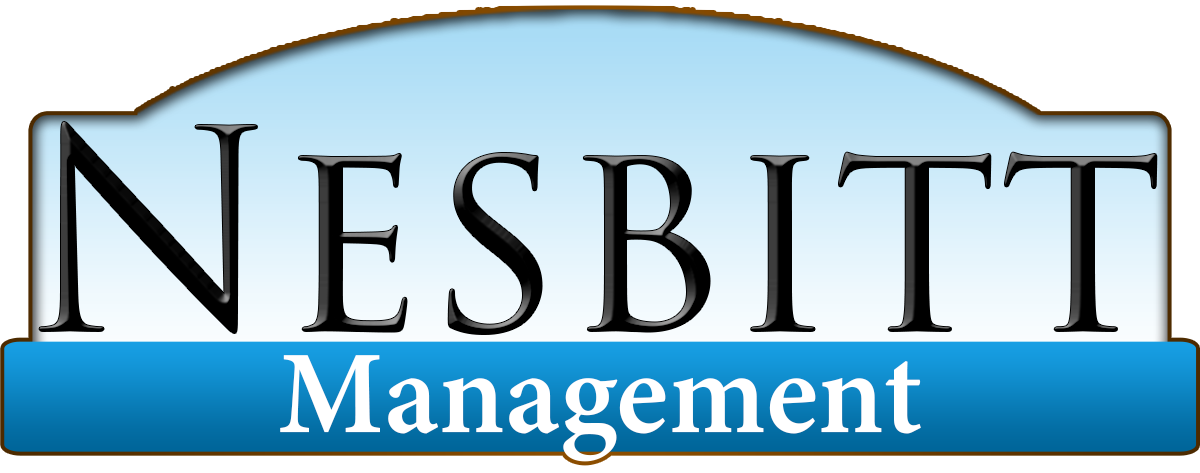Effective communication is the foundation of a strong tenant-landlord relationship. Clear, consistent, and respectful communication not only helps in resolving issues quickly but also fosters trust and a positive living environment. Building a good rapport with tenants can lead to longer leases, fewer disputes, and a more harmonious community. Here are some tips for effective tenant communication and relationship building.
1. Be Proactive and Accessible
One of the most important aspects of tenant communication is being proactive. Don’t wait for tenants to come to you with problems—reach out regularly to check in and ensure that everything is running smoothly. Make yourself accessible by providing multiple ways for tenants to contact you, such as phone, email, or an online portal.
Example: Send a monthly newsletter to tenants with updates on property maintenance, upcoming events, and tips for living in the community. This not only keeps tenants informed but also shows that you’re engaged and care about their experience.
2. Set Clear Expectations from the Start
From the moment a tenant signs a lease, it’s crucial to establish clear expectations regarding responsibilities, payment schedules, maintenance procedures, and community rules. Providing a tenant handbook or welcome packet can help clarify these points and serve as a reference throughout the lease term.
Example: During the lease signing, take the time to go over key points such as the process for reporting maintenance issues, the procedure for renewing the lease, and any rules regarding pets or common areas. This helps prevent misunderstandings down the line.
3. Respond Promptly and Professionally
When tenants reach out with concerns or questions, it’s important to respond promptly. Timely communication demonstrates that you respect their time and value their tenancy. Even if you don’t have an immediate solution, acknowledging their message and letting them know you’re working on it can make a big difference.
Example: If a tenant reports a maintenance issue, respond within 24 hours to confirm that you’ve received their request and are coordinating with a service provider. Provide updates as needed until the issue is resolved.
4. Use Technology to Streamline Communication
Technology can greatly enhance tenant communication by providing convenient and efficient ways to interact. Online portals, mobile apps, and automated systems can help streamline processes such as rent payments, maintenance requests, and lease renewals.
Example: Implement an online portal where tenants can submit maintenance requests, pay rent, and view important documents. This not only makes it easier for tenants to manage their responsibilities but also reduces the administrative burden on property managers.
5. Practice Active Listening
When communicating with tenants, it’s important to practice active listening. This means giving your full attention, asking clarifying questions, and showing empathy towards their concerns. Active listening helps build trust and ensures that tenants feel heard and understood.
Example: If a tenant approaches you with a noise complaint, listen carefully to their concerns, ask for specific details, and express understanding. Reassure them that you’ll investigate the issue and take appropriate action.
6. Address Issues Calmly and Fairly
Conflicts and disputes are inevitable in property management, but how you handle them can make a big difference in tenant satisfaction. Approach each issue calmly, professionally, and with a focus on finding a fair resolution. Avoid placing blame and instead, work collaboratively with tenants to solve the problem.
Example: If a tenant is consistently late with rent payments, have a calm discussion to understand their situation. Offer solutions such as a payment plan or resources for financial assistance, while clearly outlining the consequences of continued late payments.
7. Show Appreciation and Recognition
A little appreciation can go a long way in building a positive relationship with tenants. Recognizing good tenants for timely payments, maintaining their unit, or contributing to the community can foster goodwill and encourage long-term tenancy.
Example: Send a thank-you note or small gift to tenants who have consistently paid rent on time for a year. This gesture shows that you notice and appreciate their reliability, making them more likely to renew their lease.
8. Foster a Sense of Community
Encouraging a sense of community among tenants can lead to better relationships and a more pleasant living environment. Organize events, create common spaces, and encourage neighborly interactions to help tenants feel connected to their community.
Example: Host a welcome party for new tenants, where they can meet their neighbors and learn more about the community. This helps establish positive relationships from the start and fosters a friendly atmosphere.
Conclusion
Effective tenant communication and relationship building are key components of successful property management. By being proactive, accessible, and responsive, setting clear expectations, leveraging technology, and showing appreciation, you can create a positive and trusting relationship with your tenants. At Nesbitt Realty, we believe that strong tenant relationships are the cornerstone of a thriving rental community, and we’re committed to helping property owners create environments where tenants feel valued and respected.
